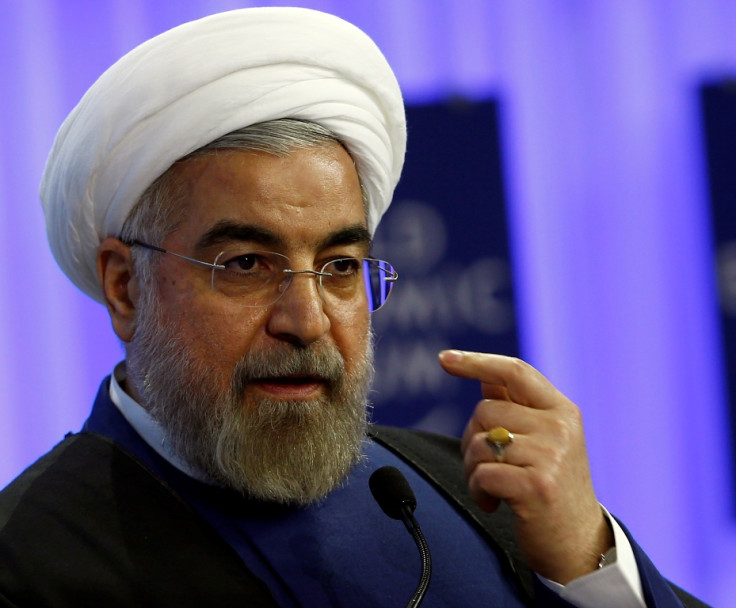Negotiators Meet in Vienna for Crunch Iran Nuclear Talks as Deadline Approaches

US and Iranian negotiators are meeting in Vienna today in an effort to thrash out a deal on Iran's nuclear future.
The sixth round of talks are expected to go down to the wire, with the interim agreement entered into in November 2013 set to expire on July 20.
Iran is adamant that the P5+1 (the US, Russia, China, UK, France and Germany) must accept Iran's right to a nuclear enrichment programme, saying that the country is years, rather than months, away from being able to develop a nuclear weapon and that, in any case, that is not its aim.
The P5+1, on the other hand, says Iran must be open about its ambitions on that front if it wishes to have further sanctions relief.
"To gain relief from sanctions, the world is simply asking Iran to demonstrate that its nuclear activities are what it claims them to be," US Secretary of State John Kerry wrote in the Washington Post this week.
Rhetoric between the US and Iran escalated this week, with both sides seeming keen to deflect blame should they fail to reach a formal agreement within the three week deadline.
Kerry argued that the ball is in Iran's court. He said: "All along, these negotiations have been about a choice for Iran's leaders. They can agree to the steps necessary to assure the world that their country's nuclear program will be exclusively peaceful and not be used to build a weapon, or they can squander a historic opportunity to end Iran's economic and diplomatic isolation and improve the lives of their people."
His remarks were met with scepticism by Iranian Foreign Minister Javad Zarif, who took to YouTube to describe the west's tactics as "a game of chicken to extract last-minute concessions".
Iran's chief negotiator Majid Takhte Ravanchi told an Iranian news agency that Iran "will not accept definitive restrictions" on its nuclear programme. However, those on the western side are firm in their standing that it must be slimmed down significantly if trade sanctions are to be eased.
Since November, Iran has been scrapping its stockpiles of highly-enriched uranium in exchange for relief on crippling international sanctions. However, the sanctions relief has yet to make any real difference to the lives of ordinary Iranians.
"It absolutely hasn't improved on the ground. I would say that there's a feeling of temporary euphoria that things would become better; more hope. But there's been absolutely zero change on the ground. The real victims of this have been the Iranian people," says Nigel Kushner, the CEO of W Legal, a trade law firm.
Progress in this final round of talks would see a more solid agreement put in place, thereby opening the channels of trade and investment into and from Iran.
© Copyright IBTimes 2025. All rights reserved.






















